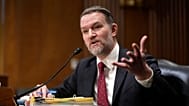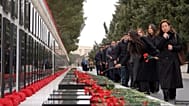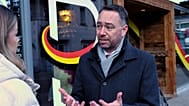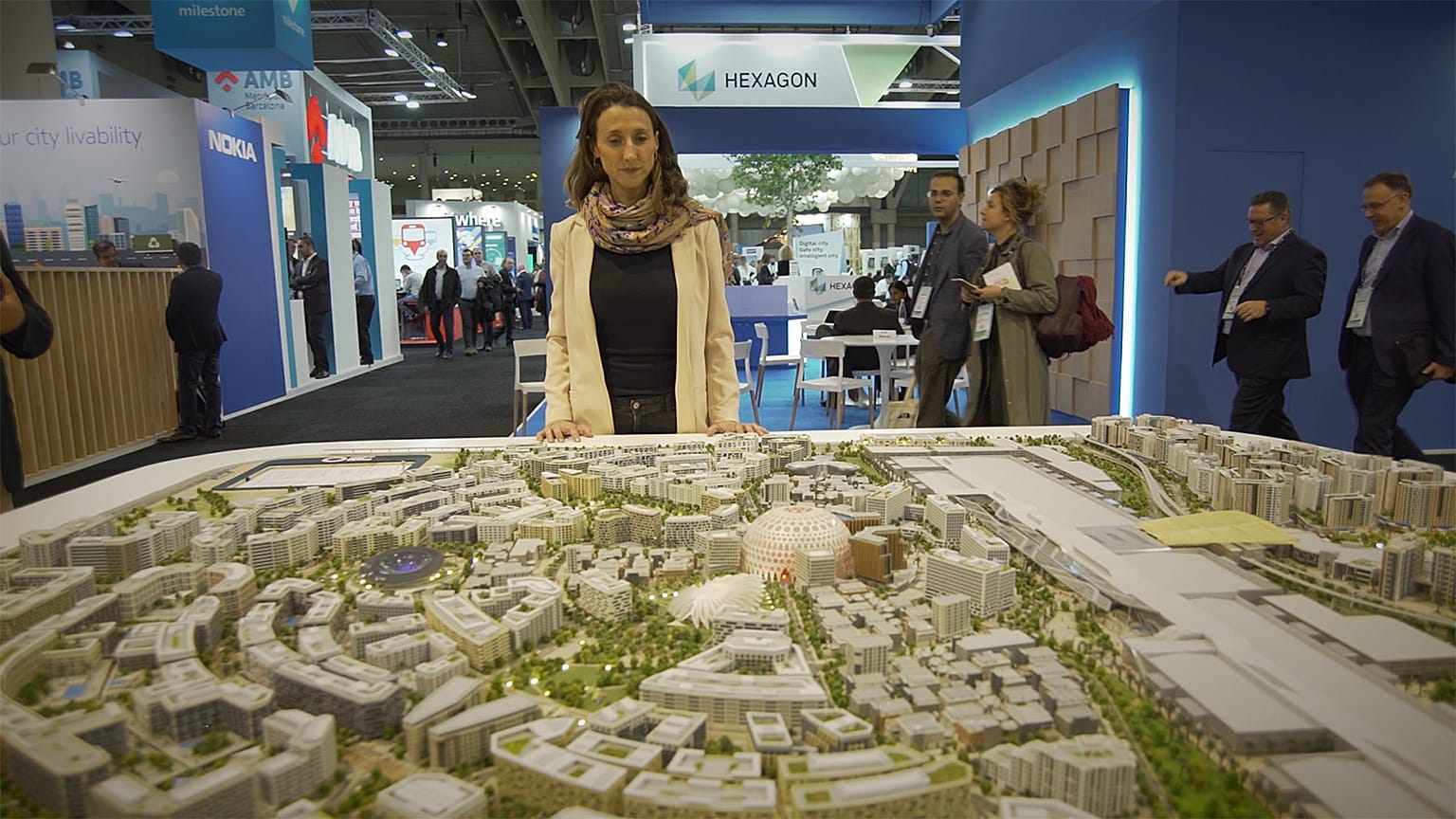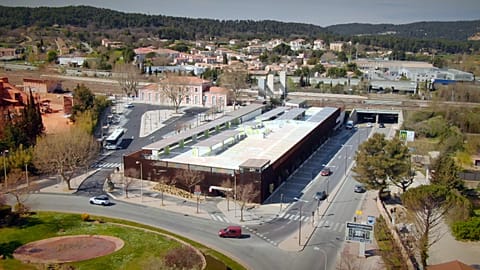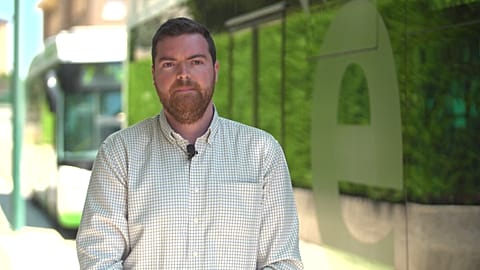Cities of the future: Dreaming of a smart urban revolution
New York, Dubai, London, Paris, Sydney. Barcelona. All cities share the same problems of mobility and sustainability. Half of humanity lives in urban areas. By 2050, this figure could rise to 68 percent of the world's population. Dozens of megalopolises with many challenges ahead. Why not share solutions?
"Cities made of dreams" - that's the motto of this Barcelona edition of the Smart City Expo World Congress where everyone dreams of a sustainable, intelligent and inclusive urban revolution. But what does that entail?
Driving change
Transport is a key issue. Providing solutions to the problem of sustainable urban mobility is the ambition of all manufacturers: bikes, motorcycles, scooters or even two-seater micro-cars all driven with solar or electric energy. Others are focusing on improving collective mobility…
“The most documented example is what we've done with Transport for London," says Miguel Gamino, Head of Global Cities at Mastercard.
"We helped them implement open payments, cards access at the turnstile. That meant that people already had cards in their pockets they didn’t have to stand at a top-up machine. Doing that saved the agency 100 million pounds a year”.
A new generation
The urban digital transformation will take a leap with 5G technology, as fleets of autonomous vehicles or the remote management of public lighting become the new reality.
"What we have to do is think about how we would like our cities to be," says Ugo Valenti, Director of the Smart City Expo World Congress. "I have to think about my level of quality of life, how I would like my daughters to live and then transform all this into reality”.
Power of collaboration
In addition to technology, in order to move forward, one must have the "power of collaboration". Promote platforms where cities and companies can share and learn from other urban revolutions.
"What we are trying to do is get cities and companies to come and share experiences," Valenti says. "Not only the good ones but also the bad ones because what is happening now in New Delhi maybe already happened in Copenhagen and they have found solutions to fix it”.
Quality of life
Innovation is behind the urban revolution to which many cities aspire -- but not everything is technology: it's also about quality time and quality of life.
David Ricketts is a Professor of Technology at Harvard University:
“I think the city of the future is not driving to a 100 percent technology. It's driving to you and I having more time together”.


